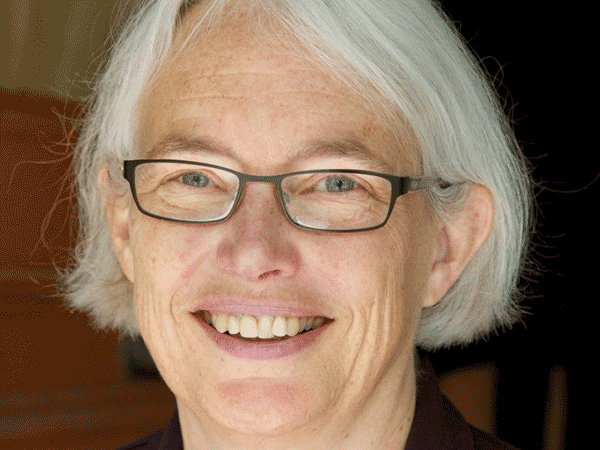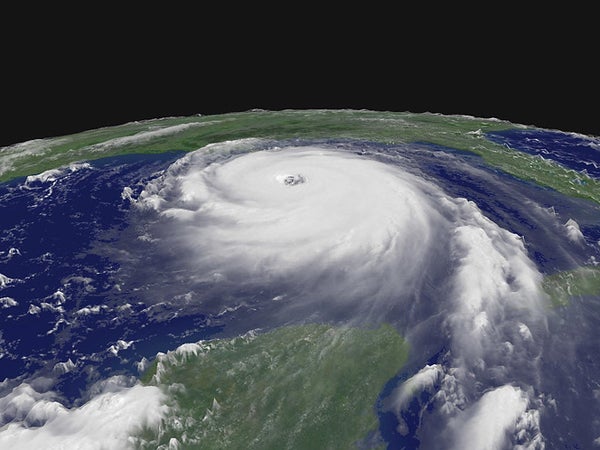Tune in to hear Mary Water‘s perspective on how some of the positive qualities in human nature can rise to the surface (and surprise us!) when we’re faced with a disaster.
In honor of Earth Day, a review of the last decade of social science research on the effects of disasters
Three researchers affiliated with the Harvard Pop Center—Mariana Arcaya, Ethan J. Raker, and Mary C. Waters—have published a review in the Annual Review of Sociology that concludes with their concerns about the likelihood of more severe natural disasters due to climate change in the future, and the need for innovative concepts and methods to cope with these environmental and societal challenges. Photo: NASA Goddard Space Flight Center on Flickr
Can genes play a role in how we react to traumatic events?
Harvard Pop Center affiliated faculty member Mary Waters, PhD, has co-authored a novel study that explores the interaction between genetic variants and exposure to Hurricane Katrina on post-traumatic stress and post-traumatic growth (positive psychological changes that can come from experiencing and processing a disaster and its aftermath).
Youths and PTSD: Impact of media exposure following 2013 Boston Marathon bombing
Margaret Sheridan, PhD, a former Harvard RWJF Health & Society scholar, has published a study that could help to make it easier to identify youths most vulnerable to PTSD following a wide-scale traumatic event.
Self-confidence of Fukushima mothers lower after nuclear power plant disaster
A first look at maternal self-confidence after experiencing a nuclear power accident co-authored by former Harvard Pop Center director and current affiliated faculty member Michael R. Reich suggests that such disasters do lower maternal self-confidence, which can lead to an increase in interpersonal problems and depression.

